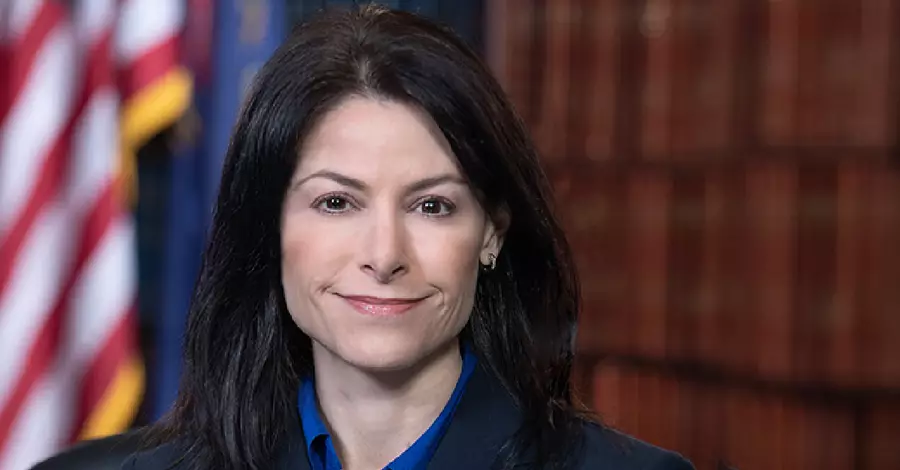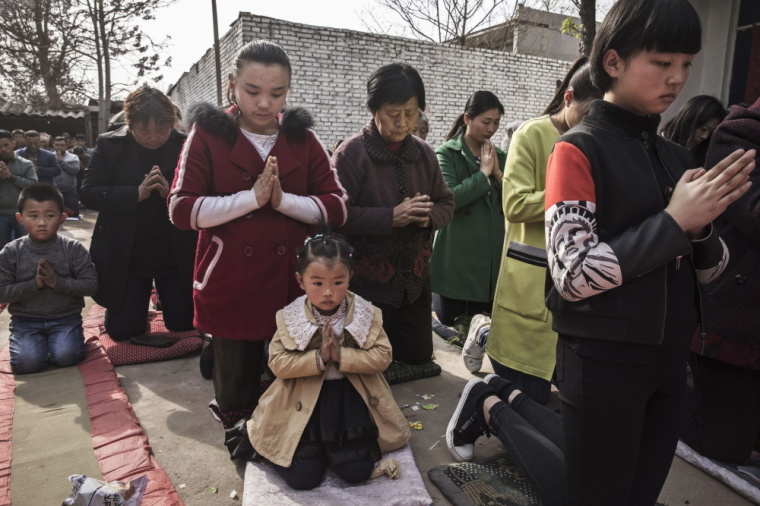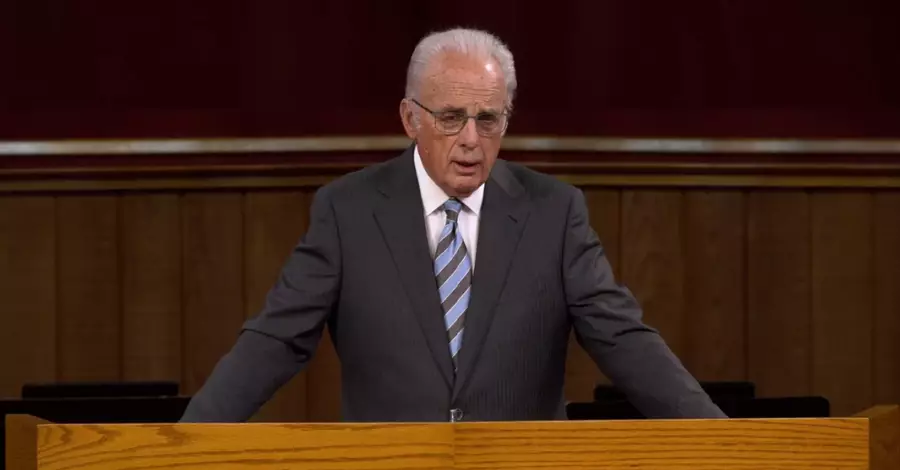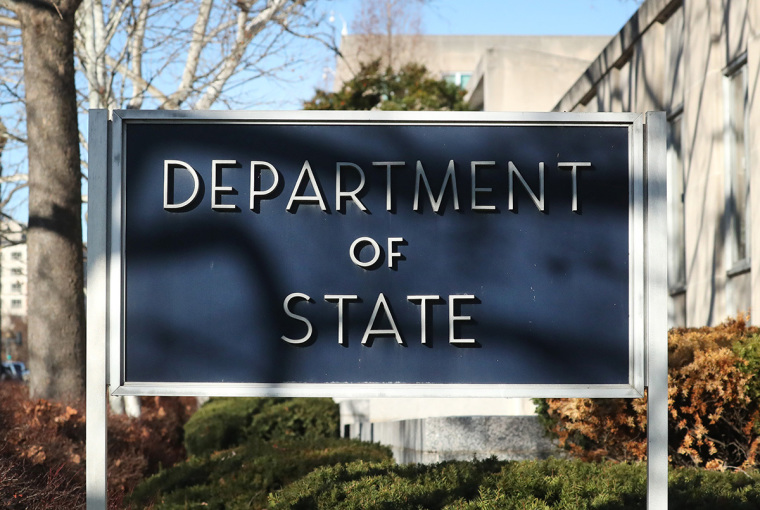An abortion clinic employee shared a now-deleted picture of a Christmas tree topped with forceps on Twitter
A pro-abortion activist has deleted a tweet featuring a picture of a Christmas tree at an abortion clinic with forceps on top instead of the customary star or angel.
Pro-abortion activist Michael Saenz wrote in the caption of the now-deleted tweet, “IT IS LITERALLY IMPOSSIBLE TO TOP OUR TOPPER.” Saenz also used the hashtags #ProAbortion, #Abortions and #Christmas.
Conservatives and pro-life activists were quick to denounce the social media post, with Ben Shapiro tweeting, “‘Celebrate the birth of Jesus with this implement used to dismember babies in the womb’ is a take I didn’t see coming.”
Lila Rose, founder of the pro-life group Live Action, described the forceps-topped Christmas tree as “horrific.”
Captures of Saenz’s now-deleted Twitter profile reveal a link to the Twitter account for the company We are Pro-Abortion. According to the Nebraska Secretary of State Business Regulation, Saenz is the “registered agent” for the company, which sells clothes emblazoned with phrases such as “I’m cool with abortions,” “abortions are magical” and “abortions today tomorrow and forevermore.”
Saenz’s now-deleted Twitter biography also features a link to the Twitter page of the Clinics for Abortion and Reproductive Excellence. A report from Live Action confirmed that Saenz is an employee at CARE, which specializes in late-term abortions and operates in Maryland and Nebraska.
The medical director of the clinic, LeRoy Carhart, is one of the most well-known abortionists in the United States. He successfully sued Don Stenberg, then the attorney general of Nebraska, after the state implemented a partial-birth abortion ban. His case went all the way up to the Supreme Court and the Stenberg v. Carhart ruling, issued in 2000, found Nebraska’s ban on partial-birth abortion unconstitutional.
In 2003, then-President George W. Bush signed into law the Partial-Birth Abortion Ban Act, which banned the procedure at the federal level. Carhart filed another lawsuit seeking to strike down the law and the case went to the Supreme Court.
Sandra Day O’Connor, the Republican-appointed Supreme Court justice who provided the fifth vote for the majority in Stenberg, was replaced by Justice Samuel Alito by the time the case of Gonzales v. Carhart that challenged the federal Partial-Birth Abortion Ban Act made its way to the court. Alito voted with four other Republican-appointed justices in the 2007 case to uphold the federal law, which remains in effect today.
Several years after the partial-birth abortion related Supreme Court decisions, Carhart remains in the spotlight. In 2013, undercover video footage captured by Live Action showed Carhart likening abortion to “putting meat in a Crock-Pot.”
During a 2019 interview on BBC’s “Panorama,” Carhart used the term “baby” as opposed to fetus when referring to unborn children. When journalist Hilary Andersson pointed out his word choice, Carhart maintained, “I think that it is a baby.” Andersson asked Carhart if he had a problem with “killing a baby,” to which he replied, “Absolutely not. I have no problem if it’s in the mother’s uterus.”
Topping a Christmas tree with forceps is not the first attempt of the pro-abortion crowd to promote the procedure during the Christmas season. Beginning in 2010, pro-abortion activists sold abornaments, plastic ornaments designed to resemble unborn babies at various stages of pregnancy.
In the past, Planned Parenthood has sold “Choice on Earth” Christmas cards, which former Planned Parenthood President Gloria Feldt described as “an inclusive seasonal message for people of all faiths.” In addition to displaying the phrase “Choice on Earth,” the cards featured references to political causes the pro-abortion movement associates the procedure with. Such phrases included “human rights,” “equality” and women’s health.”






